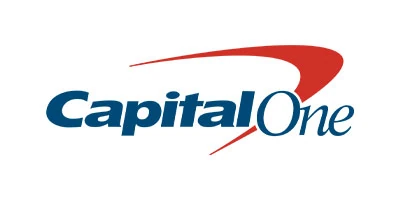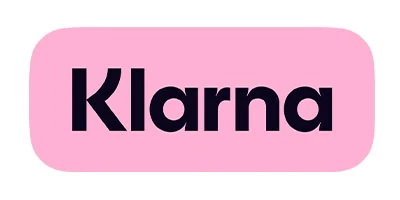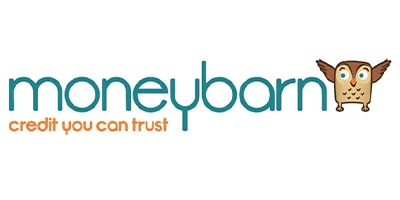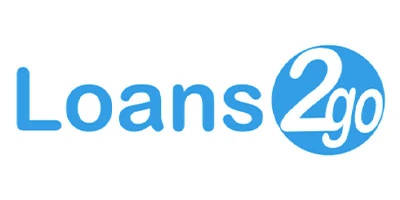
what is bankruptcy?
If you can’t pay off your debts bankruptcy is one way to deal with it. You might be able to declare yourself bankrupt if you can’t afford to pay back what you owe and the value of your possessions is less than the amount you owe. It is a legally binding debt solution to resolve a debt problem. Involving selling your assets and sharing the money out amongst your creditors, releasing you from most of your debts.
There are 3 ways that you could end up going bankrupt:
- You can make your own application for bankruptcy.
- A creditor who you owe money to can petition for you to be made bankrupt.
- An IVA supervisor can petition for you to be made bankrupt.
debts are written off
Debts are in effect written off on the making of a bankruptcy order, except for debts such as court fines, student loans and social fund loans.
no more hassle from creditors
Creditors can no longer pursue you for your unsecured debts and you no longer have to deal directly with creditors.
debt freedom in 12 months
In straightforward cases you can be discharged from bankruptcy in 12 months.
no income payments
If your income is made up only of state benefits, then payments from your income will not have to be made.
you can still make a living
You can retain household goods and a reasonable amount of money to live off.
can involve uncertainty
The official receiver will take control of all your finances and assets and they would decide what happens with these therefore bankruptcy can involve some uncertainty if you own your own home or have other assets of high value. You may have to make payments for up to 3 years if the Official Receiver thinks you should be able to afford to do so.
it’s not a free service
It currently costs £680 to petition for bankruptcy. You can pay by instalments however your creditors will be free to continue normal collections activity during this time.
public record
Bankruptcies are listed on the insolvency register which is a public record.
6 years credit history
Your credit file will be affected for 6 years.
it can affect your job
Some professions are impacted by bankruptcy so it may be prudent to refer to your HR department or employment contract before taking this option.


we’ve helped over
1,000 people
find debt freedom

customer feedback
how to apply for bankruptcy.
1. get advice
Speak to one of our friendly advisors and we’ll assess your situation.
2. figure out your options
Your advisor will discuss which solution is best for you.
3. make a plan
We’ll work out a plan and ensure you’re comfortable with it before speaking to your lenders.
4. start your journey
If your plan is agreed, your loan will be set up and you can start your journey to debt freedom.
FAQs
The cost of bankruptcy varies slightly depending on your location in the UK.
In England and Wales:
- £130 for the application fee
- £550 for the bankruptcy deposit
In Northern Ireland:
- £151 for the court fee
- £525 for the bankruptcy deposit
- Around £7 for the solicitor’s fee
It’s worth noting that in Northern Ireland, the court fee may be waived if you have a low income or receive certain benefits.
In certain situations, you can include some secured debts in your bankruptcy.
For mortgages and secured loans:
You can include these debts if you surrender your house or if your house is repossessed. However, if you decide to keep your home, you must continue paying the mortgage and any loans secured against it. Failure to do so may result in losing your home.
Regarding hire purchase and logbook loan agreements:
Finance companies often cancel these agreements if you declare bankruptcy. This means you’ll need to return the car or other item, but the debt will be included in your bankruptcy. Alternatively, if you’re allowed to keep the car or other item, you’ll still be required to make the payments.
Once you declare bankruptcy, you might be asked to make payments towards your included debts, but only if you can afford to. Your creditors will stop chasing you for payments.
After about 12 months, when your bankruptcy period ends, any remaining debts covered by your bankruptcy will be forgiven.
While you’re bankrupt, you need to follow certain rules. One of these rules is cooperating with the official receiver, who manages your bankruptcy. This means providing them with any information they ask for.
During bankruptcy, you can’t:
- Start a company or be a director without court permission.
- Do business under a different name without telling everyone you work with about your bankruptcy.
- Borrow £500 or more without telling the lender you’re bankrupt.
Breaking these rules could lead to imprisonment.
Bankruptcy will affect your home in different ways depending on whether you own or rent it.
Bankruptcy for homeowners
If you have a mortgage on your home and there’s some equity in the property, you will usually have to sell it. Some of this will go to the official receiver (the person dealing with your bankruptcy) to cover their costs. The rest will be shared between your creditors.
Bankruptcy for private and social housing tenants
As long as your rent payments are up to date, you should be able to stay in your home after bankruptcy.
If you’re behind with your rent, this debt will be included in your bankruptcy. Your landlord won’t be able to take you to court to get their money back, but they may still evict you. This is less likely to happen if you’re a social housing tenant rather than a private tenant.
Obtaining a mortgage can be challenging even with a strong credit score. If you’ve undergone bankruptcy, the process becomes even tougher, though not impossible.
Your bankruptcy record remains on your credit report for six years from its initiation. This duration may make securing a mortgage highly difficult. While it’s feasible to obtain a mortgage from a specialist lender during this period, it typically comes with higher costs.
Even after the bankruptcy no longer appears on your credit file, mortgage providers may inquire about your bankruptcy history, affecting your application’s approval chances.
To enhance your likelihood of obtaining a mortgage, focus on improving your credit score. Responsible borrowing, repaying small amounts consistently and punctually, aids in this process.
Additionally, factors such as offering a substantial deposit and being open to higher-than-average interest rates initially may boost your prospects.
Over time, as you demonstrate responsible credit usage post-bankruptcy, your chances of obtaining a mortgage improve. It’s crucial to showcase to lenders that you’re no longer a high-risk borrower.
When you’re made bankrupt, your details will be added to the public insolvency register. They will stay on there until three months after your bankruptcy ends.
You can ask to have your address removed from the register if publishing it puts you at risk of violence.
success stories
We’ve helped thousands of people with their debt and money worries. But don’t just take our word for it.
linda's story
read linda’s storywhy choose us:
over 1,000 people out of debt
With a proven track record, there’s nothing we haven’t come across before. We don’t judge, just listen and help.
free help and advice
Talking to our advisors is free and secure. Our staff our friendly and are here to help.
online help service
If you don’t fancy speaking to our friendly assistants over the phone, we have an online service to calm any worries you might have.

Visit Money Helper, to help you manage your money and for further advice.
free find debt freedom guide
Our free find debt freedom guide is here to help you establish your money issues and how best to start solving them.

get help with your unsecured debt
We help you manage debts with some of the UK’s biggest creditors.




customer feedback

